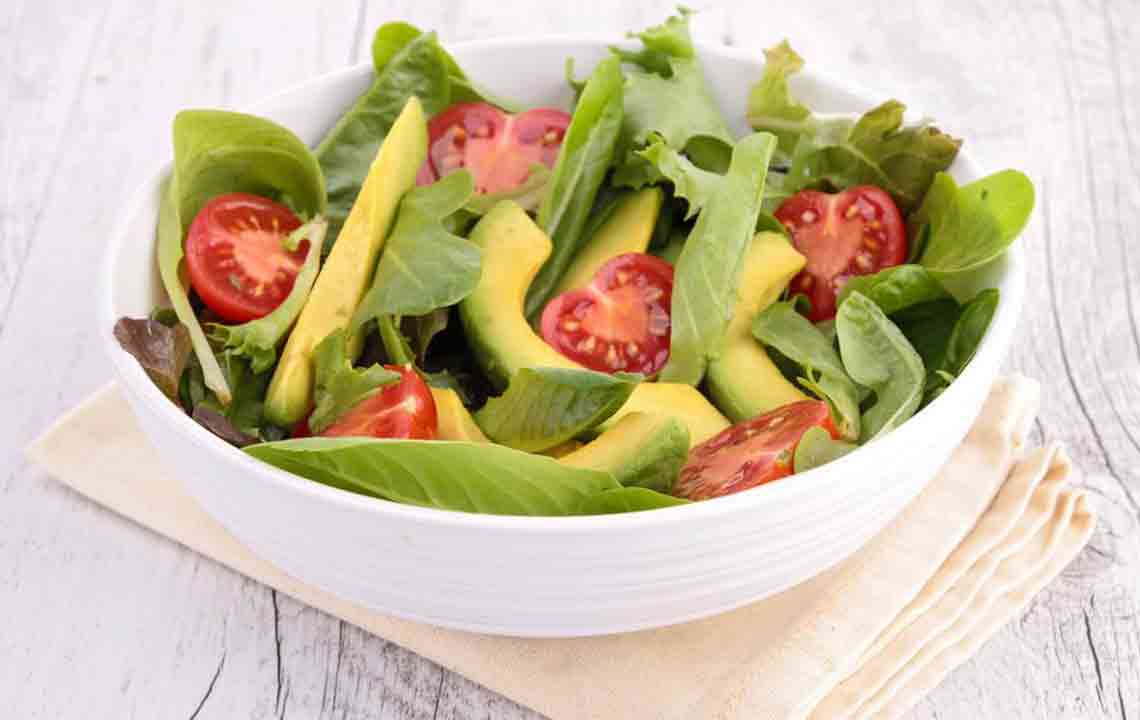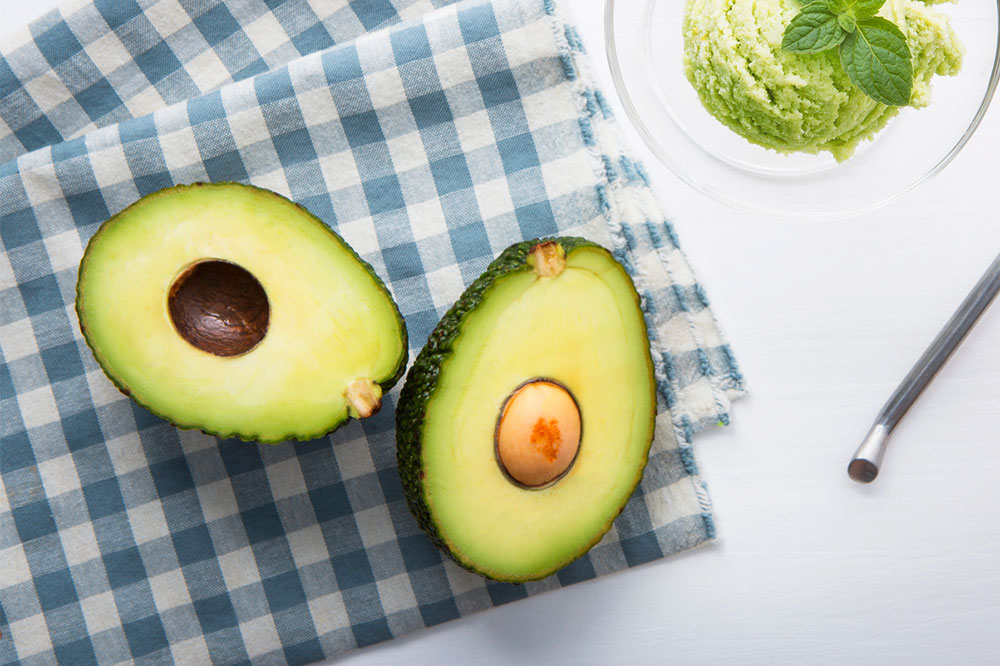Essential Nutrients and Dietary Strategies to Optimize Kidney Function and Health
This comprehensive article highlights essential nutrients and dietary habits to support kidney health. It emphasizes hydration, the benefits of onions and cabbage, and practical lifestyle tips for maintaining robust kidney function. Ideal for anyone seeking to prevent kidney-related issues or improve existing renal health through informed nutrition and daily habits.

Foundational Foods and Practical Tips to Maintain Kidney Vitality Throughout Your Life
Kidney health issues have become more prevalent in recent years, affecting a broad age range from young adults to seniors. Among these concerns, conditions such as kidney stones, chronic kidney disease, and other renal impairments are increasingly common. These conditions can have serious health implications, leading to pain, reduced quality of life, and significant medical expenses. The good news is that many kidney-related issues can be mitigated or prevented through proactive care and informed dietary choices. Maintaining optimal kidney function begins early and involves a combination of hydration, nutrient-rich foods, and lifestyle habits. This comprehensive guide explores the key nutrients, dietary habits, and lifestyle tips essential for supporting robust kidney health and preventing common renal problems.
Importance of Proper Hydration for Kidney Wellness
Hydration is the cornerstone of good kidney health. The kidneys' primary function is to filter waste, excess fluids, and toxins from the bloodstream. Adequate water intake ensures these processes occur efficiently, preventing the formation of kidney stones and reducing the risk of urinary tract infections. Striking the right balance is crucial; drinking enough water helps dilute urine, decreasing the concentration of minerals that can crystallize into stones. Experts generally recommend consuming about 8 glasses (roughly 2 liters) of water daily, but individual needs vary based on age, activity level, climate, and health conditions. Those undergoing dialysis or with diagnosed kidney issues should consult healthcare professionals to determine personalized fluid limits, as excessive water intake can strain compromised kidneys.
To optimize hydration, incorporate water-rich foods like cucumbers, watermelon, and oranges into your diet, especially during hot weather or intense physical activity. Monitoring urine color can also serve as an easy indicator — pale straw color generally signifies adequate hydration. Remember, hydration is not solely about quantity; the timing and distribution of fluid intake throughout the day are just as crucial for maintaining kidney health. Always discuss any significant dietary changes with your healthcare provider to ensure they align with your specific medical condition.
Onions: Nature’s Kidney-Friendly Superfood
Onions are renowned for their potent health benefits, especially when it comes to kidney care. Rich in flavonoids like quercetin, onions have anti-inflammatory, antioxidant, and antibacterial properties. These compounds work synergistically to improve blood vessel health, reduce oxidative stress, and prevent the buildup of fats and toxins that can impair kidney function. Including onions in your diet can promote better blood circulation and reduce the risk of cardiovascular problems, which are often linked with kidney health issues. Their low potassium content makes them suitable for individuals with compromised kidney function, as they do not contribute excessively to potassium overload — a common concern in renal disease management.
Medical professionals often recommend adding onions to recovery diets after kidney injuries or surgeries, owing to their ability to detoxify and cleanse the renal system. They help combat free radicals and reduce inflammation, which can otherwise accelerate kidney deterioration. Whether eaten raw in salads, sautéed with vegetables, or incorporated into broths and stews, onions serve as a versatile, kidney-friendly ingredient that supports overall renal wellness.
Cabbage: A Rich Source of Phytochemicals for Kidney Support
Cabbage is a cruciferous vegetable packed with health-promoting phytochemicals, antioxidants, and vitamins. It contains compounds like glucosinolates, sulforaphane, and indoles, which help neutralize harmful free radicals, thus protecting kidney tissues from oxidative damage. Regular consumption of cabbage has been associated with a lower risk of chronic kidney disease, certain types of cancer, and cardiovascular issues. Its low potassium profile makes it especially suitable for individuals with kidney problems, including those on dialysis, as it helps manage potassium intake without sacrificing essential nutrients.
Cabbage is also high in vitamins K, C, and folic acid — nutrients that support blood clotting, immune function, and cellular repair. Eating raw cabbage in salads or adding cooked cabbage to meals can boost kidney health and overall well-being. For people with hypertension or prediabetes, integrating cabbage as part of the DASH (Dietary Approaches to Stop Hypertension) diet can further promote kidney health by helping to control blood pressure and blood sugar levels. To maximize benefits, consider combining cabbage with other kidney-friendly foods and consult a dietitian for personalized dietary planning.
Adopting a balanced, kidney-supportive diet complemented by healthy lifestyle choices can profoundly impact renal health. Regular medical check-ups, avoiding excessive salt, and reducing processed foods high in sodium and phosphates further support kidney function. The integration of these dietary strategies, along with adequate hydration and lifestyle modifications, provides an effective approach to maintaining kidney vitality and preventing the progression of kidney disease. Remember, early intervention and proactive dietary habits are key to ensuring long-term renal health and improving quality of life.





